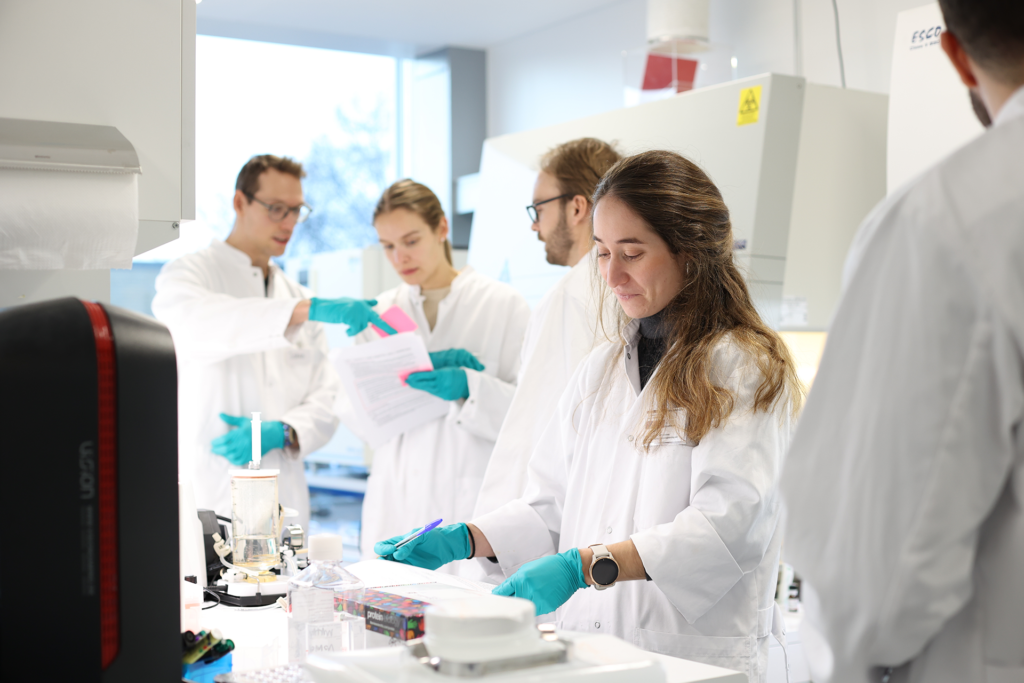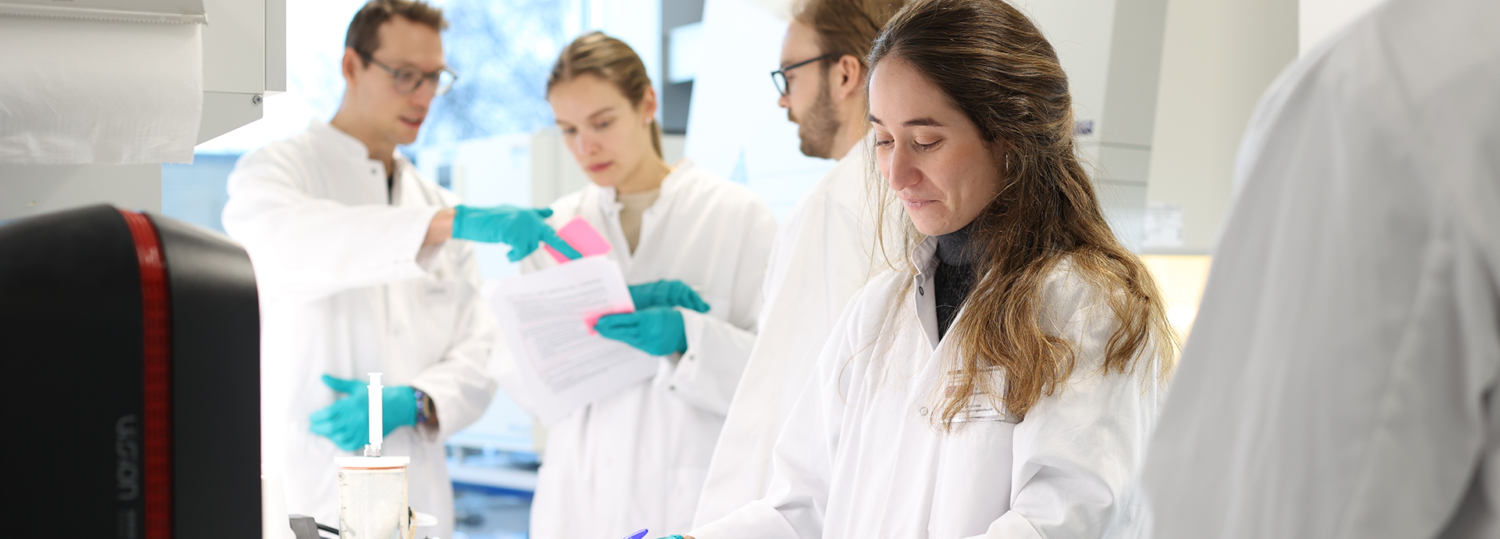
The European Union’s recent communication titled “Building the future with nature: Boosting Biotechnology and Biomanufacturing in the EU” outlines a strategic vision to enhance the EU’s competitiveness in biotechnology and biomanufacturing. It highlights the sector’s potential to address critical challenges such as climate change, sustainable resource use and public health while also emphasizing the need for a skilled workforce to drive innovation. The communication underscores the importance of lifelong learning and continuous professional development as key components in sustaining and growing the biomanufacturing industry across Europe.
Section 3.4 of the EU communication identifies challenges in the biomanufacturing sector, particularly the need for a skilled workforce, while Section 4.5 outlines opportunities, including the necessity for enhanced education and lifelong learning to sustain the industry’s growth. Through the AIM-Bio program, the Technical University of Denmark (DTU) is actively addressing these challenges and opportunities through the establishment of its Biotech Lifelong Learning program. This initiative is particularly aligned with the EU’s focus on fostering continuous education, particularly in biomanufacturing, to equip professionals with the skills necessary to drive innovation and sustainability in the biotech sector.
Addressing challenges: Workforce development in biomanufacturing
Section 3.4 also highlights the challenge of developing a skilled workforce capable of navigating the complexities of biomanufacturing. The EU stresses the importance of targeted education and training programs that can keep pace with rapid technological advancements in the field. The Technical University of Denmark directly addresses this challenge by offering a variety of specialized courses designed to enhance the skills of professionals in the biotech industry.
A key aspect of DTU’s strategy is its collaboration with North Carolina State University’s Biomanufacturing Training and Education Center (BTEC) through the AIM-Bio project, which contributed to the establishment of the Biotech Lifelong Learning program. This partnership strengthens biomanufacturing lifelong learning opportunities by combining expertise from both the United States and Denmark, enhancing the region’s professional development in alignment with the EU’s objectives. The transfer of BTEC legacy courses — such as Hands-on cGMP Biomanufacturing Operations, Cell Culture Engineering: A Single-Use Perspective, and Global Regulatory Affairs — into DTU’s curriculum expands the training opportunities for European professionals, enriching their skill sets in biopharmaceutical manufacturing through these collaborative courses. By integrating these short courses into the DTU Biotech Lifelong Learning program, the AIM-Bio project strengthens transatlantic collaboration in lifelong learning, aligning with the EU’s vision for a skilled workforce that can drive innovation and sustain growth in the biomanufacturing sector.
Supporting Medicon Valley: Education for a thriving biotech ecosystem
Medicon Valley, a prominent life sciences cluster that spans the Øresund region between Denmark and Sweden, is one of the largest life sciences regions in the European Union, hosting over 65,000 employees across 1,150 life science companies. This region is particularly strong in the biopharmaceuticals and biotechnology industries, with a growing number of start-ups and established companies engaging in cutting-edge drug development and biomanufacturing.
DTU’s Biotech Lifelong Learning program, strengthened by collaborative initiatives such as the AIM-Bio project, is strategically positioned to support the Medicon Valley workforce. The courses developed as part of the collaboration with NC State University offer a range of training tailored to the needs of this vibrant biotech hub. For example, the Hands-On Introduction to Biomanufacturing Operations and Introduction to Mammalian Bioprocessing courses provide critical skills in biomanufacturing, ensuring that professionals in Medicon Valley are well-prepared to meet the demands of both existing and emerging biotechnological processes.
Conclusion
The AIM-Bio project, and the subsequent establishment of DTU’s Biotech Lifelong Learning program, is a crucial initiative that aligns with the EU’s call for a skilled biomanufacturing workforce. Through the collaborative sharing of advanced knowledge between the United States and Denmark, AIM-Bio prepares professionals in Medicon Valley and across European biomanufacturing hubs to effectively address the demands of modern biomanufacturing.
For more information, read the EU’s communication on boosting the European biomanufacturing sector.
